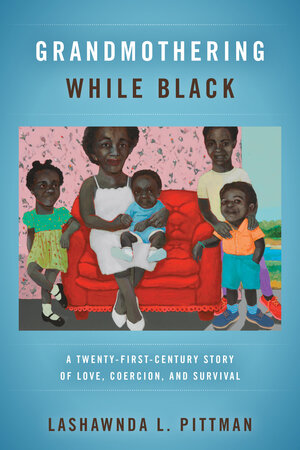
COVID-19 in the rural U.S.
December 17, 2020
Los efectos de la pandemia de COVID-19 en el trabajo doméstico remunerado en América Latina
December 30, 2020By Emma Dries and Nathan Boucher
12/21/2020
On December 9th, the United Kingdom became the first Western nation to authorize and administer a COVID-19 vaccine, beginning with Margaret Keenan, a 91-year-old grandmother. While the UK has chosen to administer the COVID-19 vaccine to people over 80 years old, nursing-home workers, and other high-risk health-care staff, rollout strategies vary in other developed Western countries.
Canada became the second country to approve the Pfizer-BioNTech vaccine, and the US the third. Vaccine priority will vary by province, some focusing on long-term-care homes and others on health care workers. In the United States, the first phase of vaccinations began with high-risk health care workers followed by residents of nursing homes. Now the Moderna vaccine is approved and available in the US. While each nation has a vaccine rollout plan that prioritizes institutionalized caregiving, none are adequately addressing a crucial sector of healthcare — informal caregivers.
Informal caregivers – often family and friends – provide traditionally unpaid care and face consistently worse health outcomes than their non-caregiving counterparts. These individuals provide indispensable services that save countries millions in healthcare costs, and yet, there is no standardized network to provide support or insight into the population that provides this care. This lack of standardization has made it incredibly difficult to not just prioritize the informal caregivers working with at-risk populations, but to even generate the resources to support these individuals. The coronavirus has exacerbated the difficulties of non-institutionalized caregiving, and this crisis will likely continue as informal caregivers will not receive the same recognition or protections for the care they provide.


